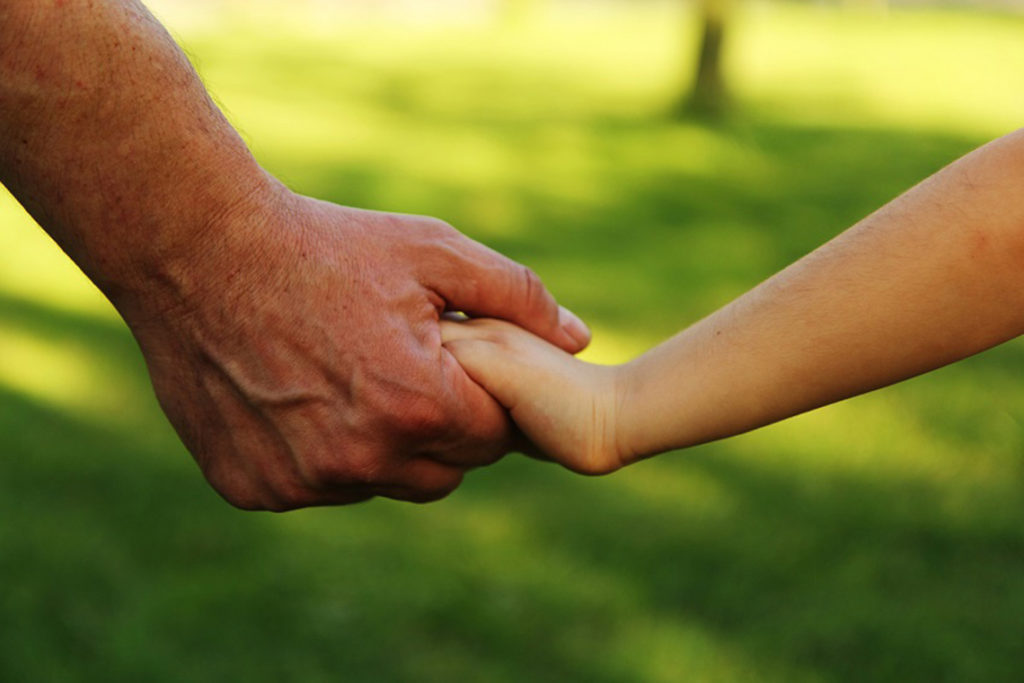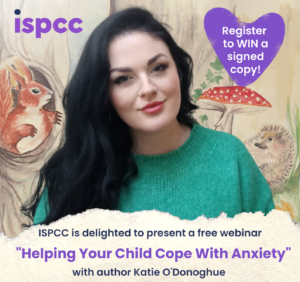
Childline, delivered by the ISPCC, is Ireland’s national active listening service for children and young people up to the age of 18.
It can be contacted at any time, about any issue, by calling 1800 66 66 66 (24 hrs) or chatting online at Childline.ie.
It is very difficult for any member of our society to understand why a person is murdered.
Often our immediate reaction as parents is to shield our children from even knowing that such violence exists. We may feel an instinctive urge to protect our children and shelter them from the horrific facts of such tragedies.
However, it is important that parents / carers engage with children around their feelings, give them the opportunity to talk and help empower them with the skills to cope.
Talking to a child about any death can be a difficult topic. Talking with children about murder can be one of the harder conversations a parent or any adult may have with a child.
Children will need our support to try and make sense of what has happened so that they can move on.
It is normal to feel uncomfortable. Everyone feels unprepared, uneasy, and anxious telling children about such sad, painful, and inconceivable events.
It is natural for parents / carers to want to protect our children from pain and confusion.
Often, however, we do not have the option to avoid talking with children about an event that will directly or indirectly impact them.
This is an opportunity for your child to experience you as a source of guidance, support, and stability in their life.
Children will often need to have multiple conversations about such difficult and overwhelming topics. Therefore, it is more important to cultivate a proper attitude and approach to these topics rather than figuring out just the ‘right’ thing to say.
The following are some guidelines to help you think about what you might want to incorporate into your discussions. This list does not cover all eventualities and it should be used to inform your values and goals rather than replace them.
Some Basic Needs Children Have
- They want to know that their feelings are okay no matter what they are.
- They want to feel loved and valued above all else.
- They want to feel protected and reassured. It is important to state that while this did happen that it is rare.
- They want to know that their routines and plans will be consistent and predictable (i.e. sports practice, going to school, bed time routines, etc.).
How to broach the subject of murder
Clearly, a child’s age should always be taken into consideration before deciding on what is appropriate to share.
Where extremely harrowing cases occur, children are likely to see some coverage as they will be widely reported upon in media. They may have discussions with their own peer group to try and make sense of what happened.
Children will look for information from adults that they trust, to help them make sense of this violence. Your readiness to listen, talk and support will assist their understanding and help them develop the resilience to cope.
It’s important to remember you don’t have to have all the answers. It’s okay to say to a child, “I don’t know – I find it very confusing, too.”
In an attempt to shield children from the harsh truth of a situation, parents / carers may overlook the fact that children often see and hear information from many other sources.
Tragedies can become a topic of conversation for neighbours, relatives, and other children who come in contact with your child.
It is often better to have your child hear the details from you directly so you control the amount they know and provide accurate information.
Providing too much graphic detail can also be unhelpful. Ideally, it is best to strike a balance between honesty and thoughtful restraint.
This can be a difficult task and is often helped by talking this over with someone else. It may be helpful in your decision-making to think about the following; what does your child already know, who will they come in contact with, what may they learn from others over the coming days and weeks, what type of personality do they have?
With some effort and support the truth can be discussed in a way that is open and honest, as well as protective and supportive.
As you provide a model of openness and willingness to speak to your child about difficult topics, they will learn to be open and honest with you.
In addition, they will be more prepared to handle conversations when others talk about these events. This leads to developing a more trusting relationship and open channel of communication with your child.
“How should I start this conversation?”
One of the first things to do is make sure YOU feel supported.
The second thing to keep in mind is to follow your child’s lead. Keep in mind that children cannot process as much information as adults.
This is especially true for young children who may be experiencing intense emotions during these conversations. By taking frequent breaks to check in with your child to see if they have question and understand what they are being told, you can pace the conversation in a manageable way.
Give children opportunities to ask questions. Ask them what they would like to do after talking together.
They may want to talk more, play, or get some emotional distance from the events. Follow the child’s lead. Observe their body language. There are no right or wrong feelings to have. All feelings or reactions are normal for them.
It is okay to ask them if they would like to talk about it more. Whenever possible, it is always best to be a good listener and let them talk and ask questions.
Do your best to be available to talk about what happened, and let them choose their own ways of coping and expressing their worries or concerns.
It also is okay to not know what to say or do. Be honest with children and say, “I don’t know.” This can particularly occur when responding to a question about ‘Why did this happen?’
“What can I do for my children over time, after we have initially talked about what has happened?”
You have already begun to help your child for the future by initiating an open relationship with him or her right now.
You also can encourage children to express their feelings through art, drawing, books, writing, and playing (depending on their age and interests).


